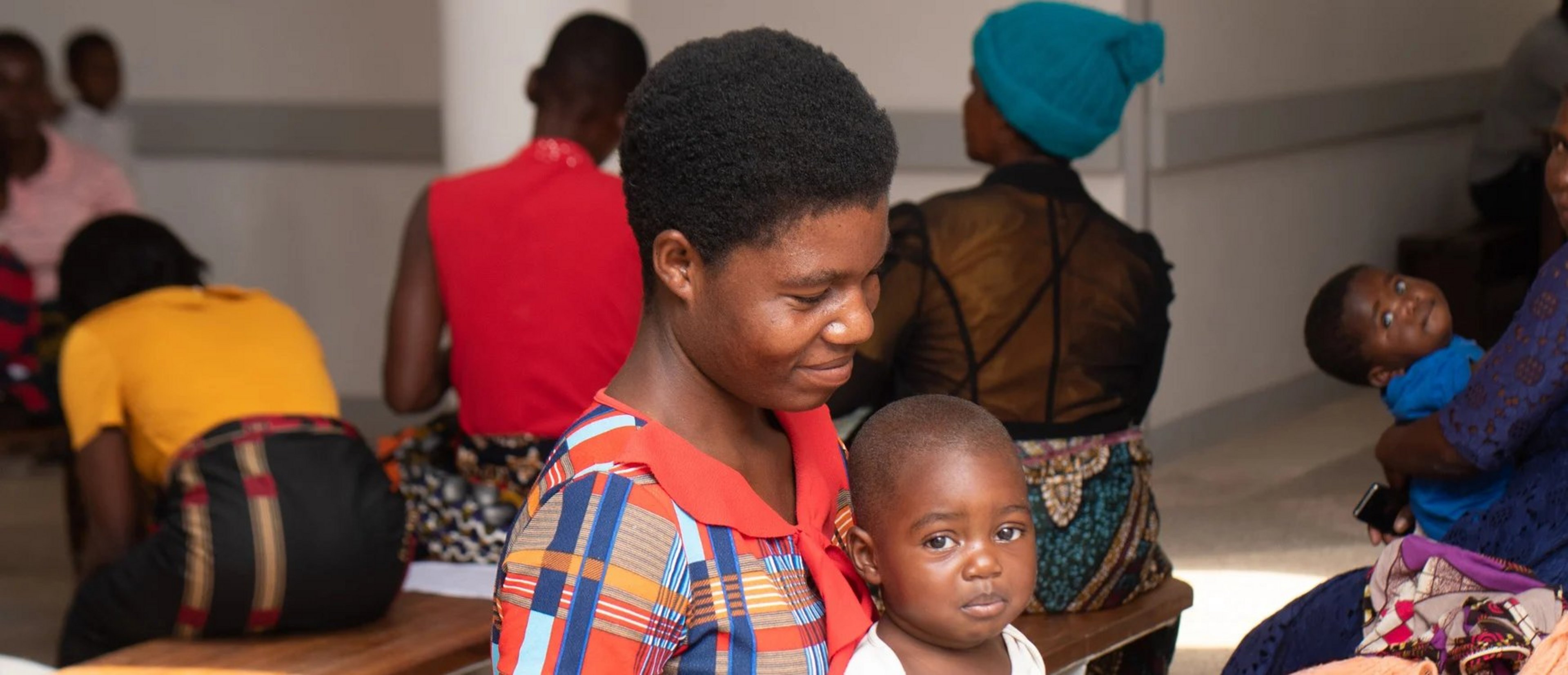
PROJECTS
Umoyo Wa Ana Athu – Our Children’s Health
The Malawi - Else Kröner Child Health Programme: Levering Synergies for Prevention and Care

Umoyo Wa Ana Athu – Our Children’s Health
The Malawi - Else Kröner Child Health Programme: Levering Synergies for Prevention and Care
back-to-top